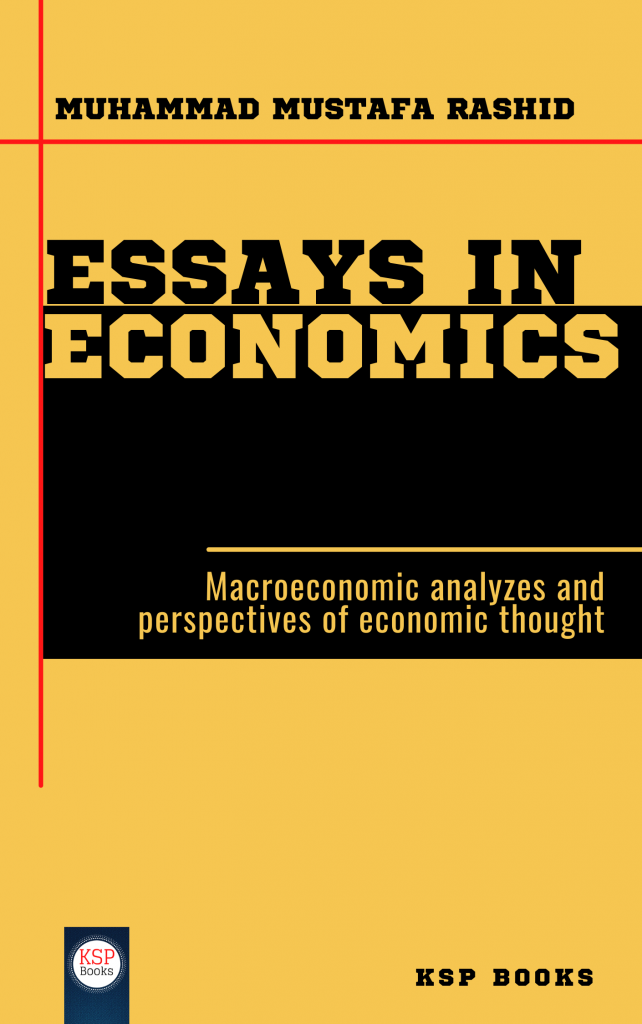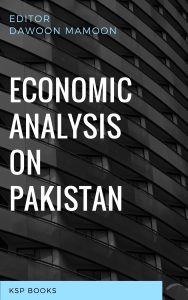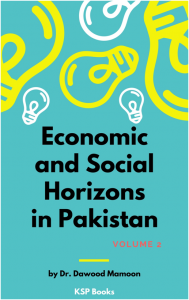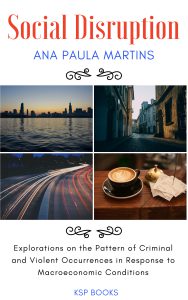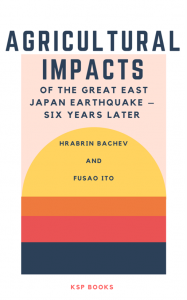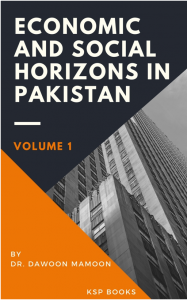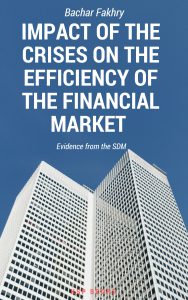Synopsis
Chapter 1: The purpose of this chapter is to provide insights into how the proliferation of globalization has impacted labor markets both in a advanced industrialized nations and well as developing nations. Insightful analysis will be drawn from Oatley (2011) on division of labor, Jaumotte & Tytell (2007) on labor compensation, Hahn & Narjoko (2013) on the impact on South Asian Countries, Basu (2016) on wage as a share of GDP and Wallace, Gauchat & Fullerton (2011) on the impact of globalization and labor markets on inequality.
Chapter 2: Building on the system of reason provided for by the Greek philosopher and specifically Aristotle, St. Thomas Aquinas built a comprehensive system and theory of natural law which has lasted through the ages. The theory was further developed in the Middle Ages and in the Enlightenment Ages by many a prominent philosopher and economist and has been recognized in the Modern Age. The natural law-theory and system has been repeatedly applied to the spheres of economic thought and has produced many lasting contributions such as private property rights and individual rights. In recent times with the collapses of the financial system and rapid globalization, there has been a renewed interest in the application of natural law theory to economics to counter a certain anthropology and distortion of values created by a modern economic system of self-preservation deriving its insights from the philosophies of Thomas Hobbes and Niccolo Machiavelli.
Chapter 3: The credit crises experienced in the US in year 2008 is labeled as perhaps the most significant crises since the great depression. The roots of the crises were found in the default of the sub-prime mortgages and the failure occurred in both the US and the UK. Due to the integrated nature of international financial systems the spillover impacted many countries as the economies in Asia and Europe were purchasers of the sub-prime mortgages that originated in both UK and US. The impact of the credit crises in Canada is of unique importance due to the close proximity to US, and both the US and Canada being of great strategic importance to each other as well as one of the largest trading partners.Even though the international financial credit crises adversely impacted many countries, the evidence that has come across recent years point towards the conclusion that Canada was able to weather the crises much better than many other countries.
Contents
About Author
ISBN
978-625-7501-81-1
Date of Publication
June 29, 2022
File Size: 5754 KB
Length: xiii + 212 pages
This work is licensed under a Creative Commons Attribution 4.0 International License.
